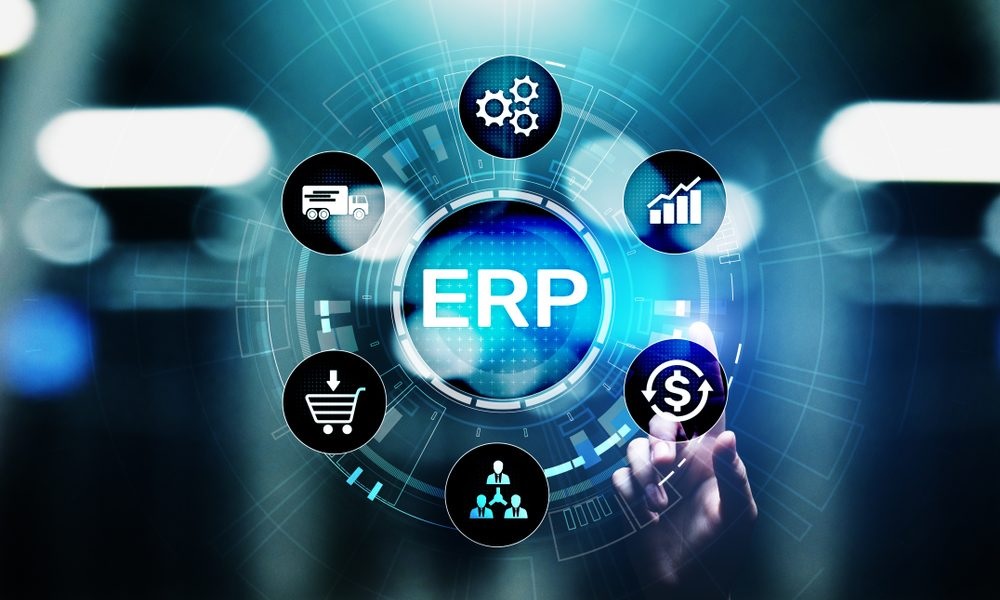Enterprise Resource Planning (ERP) systems have become an essential tool for businesses in the digital age. These systems help organizations to manage their day-to-day operations and make informed decisions that drive growth. In this comprehensive guide, we will explore the role of ERP in digital transformation and how it can help businesses to stay competitive in today’s fast-paced environment.
What is Digital Transformation?

Digital transformation is the integration of digital technology into all areas of a business, resulting in fundamental changes to how the business operates and delivers value to its customers. It involves the use of digital technologies such as cloud computing, mobile devices, and data analytics to improve business processes, enhance customer experience, and drive innovation.
The Role of ERP in Digital Transformation
ERP systems play a crucial role in digital transformation by providing businesses with the tools they need to manage their operations effectively. These systems integrate all aspects of a business, including finance, human resources, supply chain management, and customer relationship management, into a single platform. This integration allows businesses to gain a holistic view of their operations, make informed decisions, and respond quickly to changes in the market.
ERP systems are also essential for businesses that are looking to leverage digital technologies to improve their operations. For example, ERP systems can integrate with IoT devices to provide real-time data on production processes, enabling businesses to optimize their operations and reduce downtime. They can also integrate with e-commerce platforms to provide a seamless customer experience, enabling businesses to increase sales and improve customer satisfaction.
The Benefits of ERP in Digital Transformation
The benefits of ERP systems in digital transformation are numerous. Here are some of the key benefits:
- Improved Efficiency: ERP systems automate many business processes, reducing the need for manual intervention and improving efficiency.
- Real-time Data: ERP systems provide real-time data on all aspects of a business, enabling businesses to make informed decisions quickly.
- Improved Collaboration: ERP systems enable collaboration across departments and locations, improving communication and driving innovation.
- Enhanced Customer Experience: ERP systems integrate with e-commerce platforms, providing a seamless customer experience and improving customer satisfaction.
- Cost Savings: ERP systems can help businesses to reduce costs by improving efficiency, reducing waste, and optimizing operations.
ERP systems are a critical component of digital transformation. They provide businesses with the tools they need to manage their operations effectively, respond quickly to changes in the market, and stay competitive in today’s fast-paced environment. By leveraging the benefits of ERP systems, businesses can drive growth, enhance customer experience, and improve their bottom line.




